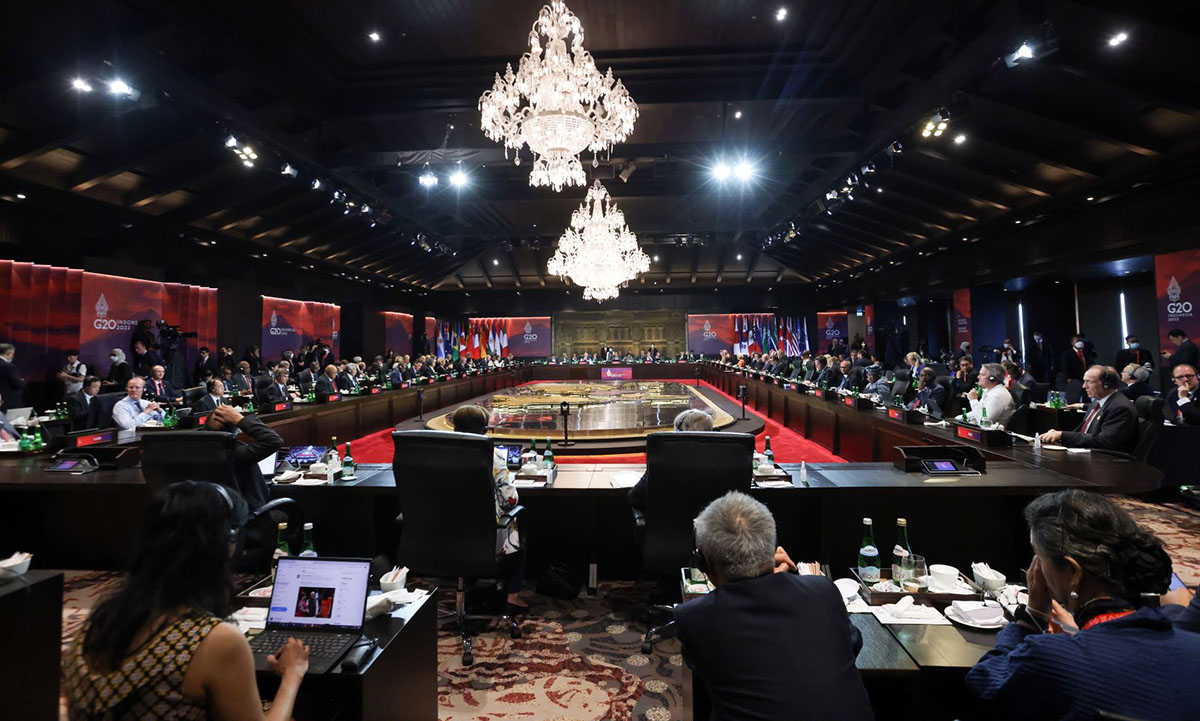In his piece for China Daily, Daryl Guppy underscores the pivotal role of the G20 2024 Summit in Rio de Janeiro as a battleground for the future of global economic integration.
Guppy’s analysis is particularly poignant given the anticipated shifts in U.S. economic policy under Donald Trump, whose administration is expected to promote a protectionist stance starkly contrasting with the ideals of open trade and cooperation.
The Global South’s Stance
Guppy highlights the crucial role of the Global South within the G20 framework. These nations are not just passive participants but are integral to the vision of a multilateral world where economic policies are driven by cooperation rather than conflict.
His observation that ”the survival of multilateralism” depends on the support of these countries calls for recognition of the shifting power dynamics in global economics.
Wikipedia:
”In international relations, multilateralism refers to an alliance of multiple countries pursuing a common goal. Multilateralism is based on the principles of inclusivity, equality, and cooperation, and aims to foster a more peaceful, prosperous, and sustainable world”.
In Guppy’s article, China emerges as a beacon of free trade and multilateral engagement. The country’s commitment to the WTO and its proactive involvement in international trade fairs like the China International Import Expo illustrates its dedication to an open global economy.
China’s leadership is not just about economic gain but about advocating for a system where trade rules are respected and disputes are settled within legal frameworks, not through unilateral actions.
The Challenge of US Policy Shifts
Guppy notes that the incoming U.S. administration’s policy under Trump threatens to dismantle decades of trade liberalization efforts. The anticipated high tariffs, sanctions, and a general retreat from international trade bodies like the WTO could significantly alter global economic interactions.
This shift directly challenges the G20’s objectives of fostering global economic stability and growth.
Guppy articulates the strategic importance of the G20 2024 Summit not just as a meeting but as a moment where global economic policies could pivot dramatically. The G20’s role in guiding the world through economic transition periods has never been more critical.
The summit’s theme, ”Building a Just World and a Sustainable Planet,” aligns with China’s vision of a multipolar world, suggesting that the economic policies discussed could set precedents for global governance.
- Guppy poses a significant question: how do traditional U.S. allies like the UK, Australia, and Japan position themselves?
- Will they align with China’s push for continued multilateralism, or will they follow the U.S. into a more protectionist era?
This decision could determine the future landscape of global trade and economic policy.
A Test for Global Economic Cooperation
As Guppy describes, the G20 2024 Summit in Rio isn’t merely an economic conference but a test of the global community’s commitment to cooperation over confrontation. China’s role, as outlined, is not just supportive but potentially pivotal in ensuring that the G20 remains a forum for positive global economic dialogue rather than disintegrating into a platform for economic warfare.
Guppy’s commentary reminds us that in the face of rising protectionism, multilateralism and open trade principles are more crucial than ever for global prosperity and sustainability.
The G20 must navigate these turbulent economic waters and steer towards a future where economic policies are crafted for mutual benefit, not unilateral advantage.
Related
- The Belt and Road News Network
- China Daily: Global South’s support for multilateralism, open economy key for G20 Summit


